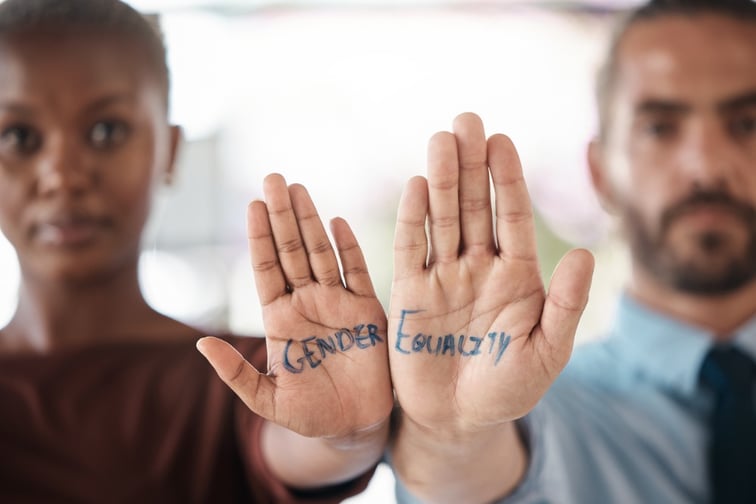

Plan International Australia, an organisation that delivers emergency response and long-term development programs, has published its latest study on what Australians think about gender equality.
The study, “Gender Compass,” is a first-of-its-kind project that divided Australians into six groups according to their beliefs, values, motivators, policy preferences, and behaviours related to gender equality. It developed the study in collaboration with research partners Dr Rebecca Huntley and Heartward Strategic from an online survey of 2,522 Australians aged 16 years and over, conducted in mid-2023.
“Understanding attitudes to gender through segmentation can momentarily make you feel as if the community is hopelessly divided on the issue. But any dismay should only be fleeting. Gender Compass shows that a gender-equal future is possible. More segments are supportive of gender equality than not. There is widespread support for a myriad of policies that advance gender equality. There is an openness across the community towards action,” Dr Huntley said. “Gender Compass is poised to become an indispensable tool in the arsenal of individuals and institutions who seek to understand and shift attitudes and behaviours towards gender equality.”
The Gender Compass study revealed that 90% of the respondents support Australian women having the same rights, opportunities, and outcomes as men. Meanwhile, 77% agreed that we all benefit from a society that is fair to all genders, and 60% said women’s sport should have equal standing with those of men.
“Gender Compass is a critical new tool that allows us to understand how we can talk about gender justice with Australians in a way that makes a difference. It is a pulse-check, but it is also a wake-up call, because the impacts of gender inequality are still invisible to too many Australians,” said Plan International Australia CEO Susanne Legena.
While most of the respondents call on individuals, businesses, or governments to improve equality, 59% said Australia is already close to achieving equality, if not already there. Additionally, only 26% disagreed that women are more naturally suited to be the main carer of children and elderly parents (37% agreed with the statement, and 37% were “on the fence”).
Legena noted that violence against women continues at alarming rates, with an average of one woman murdered every week by a current or former partner. Women also earn an annual salary on average $25,596 lower than their male counterparts.
“Current projections indicate that the next five generations of girls and women will never see gender equality. Everyone should be alarmed by this. We need to do better. We must come together to beat the clock on gender inequality, until we are all equal in this world,” she said.
